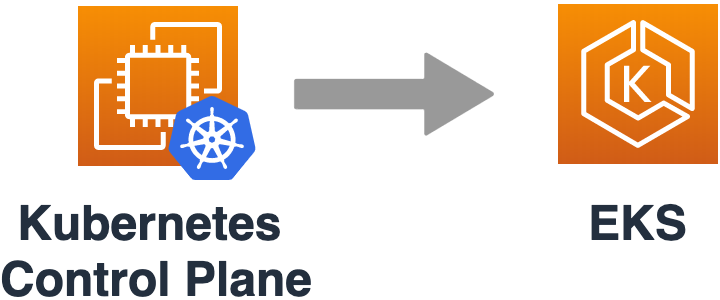AWS Architecture Blog
Category: Technical How-to
Field Notes: Integrating IoT and ITSM using AWS IoT Greengrass and AWS Secrets Manager – Part 2
In part 1 of this blog I introduced the need for organizations to securely connect thousands of IoT devices with many different systems in the hyperconnected world that exists today, and how that can be addressed using AWS IoT Greengrass and AWS Secrets Manager. We walked through the creation of ServiceNow credentials in AWS Secrets […]
Field Notes: Integrating IoT and ITSM using AWS IoT Greengrass and AWS Secrets Manager – Part 1
IT Security is a hot topic in every organization, and in a hyper connected world the need to integrate thousands of IoT devices securely with many different systems at scale is critical. AWS Secrets Manager helps customers manage their system credentials securely in the AWS Cloud, and with its integration with AWS IoT Greengrass, that […]
Field Notes: Customizing the AWS Control Tower Account Factory with AWS Service Catalog
Many AWS customers who are managing hundreds or thousands of accounts know how complex and time consuming this process can be. To reduce the burden and simplify the process of creating new accounts, last year AWS released a new service, AWS Control Tower. AWS Control Tower helps you automate the process of setting up a […]
Field Notes: Migrating a Self-managed Kubernetes Cluster on Amazon EC2 to Amazon EKS
AWS customers from startups to enterprises have been successfully running Kubernetes clusters on Amazon EC2 instances since 2015, well before Amazon Elastic Kubernetes Service (Amazon EKS), was launched in 2018. As a fully managed Kubernetes service, Amazon EKS customers can run Kubernetes on AWS without needing to install, operate, and maintain their own Kubernetes control […]
Field Notes: Building an Autonomous Driving and ADAS Data Lake on AWS
September 8, 2021: Amazon Elasticsearch Service has been renamed to Amazon OpenSearch Service. See details. Customers developing self-driving car technology are continuously challenged by the amount of data captured and created during the development lifecycle. This is accelerated by the need to design and launch incremental feature improvements on advanced driver-assistance systems (ADAS). Efforts to […]
Field Notes: Implementing Hardware-in-the-Loop for Autonomous Driving Development on AWS
September 8, 2021: Amazon Elasticsearch Service has been renamed to Amazon OpenSearch Service. See details. Automotive customers use AWS as their platform for advanced driving assistance systems (ADAS) and autonomous driving (AD) development to accelerate their development cycles and experience faster time-to-market. In the blog post, Autonomous Vehicle and ADAS development on AWS Part 1: […]
Field Notes: Powering the Connected Vehicle with Amazon Alexa
Alexa has improved the in-home experience and has potential to greatly enhance the in-car experience. This blog is a continuation of my previous blog: Field Notes: Implementing a Digital Shadow of a Connected Vehicle with AWS IoT. Multiple OEMs (Original Equipment Manufacturers) have showcased this capability during CES 2020. Use cases include; a person seating at […]
Field Notes: Implementing a Digital Shadow of a Connected Vehicle with AWS IoT
Innovations in connected vehicle technology are expected to improve the quality and speed of vehicle communications and create a safer driving experience. As connected vehicles are becoming part of the mainstream, OEMs (Original Equipment Manufacturers) are broadening the capabilities of their products and dramatically improving the in-vehicle experience for customers. An important feature in a […]
Field Notes: Gaining Insights into Labeling Jobs for Machine Learning
In an era where more and more data is generated, it becomes critical for businesses to derive value from it. With the help of supervised learning, it is possible to generate models to automatically make predictions or decisions by leveraging historical data. For example, image recognition for self-driving cars, predicting anomalies on X-rays, fraud detection […]
Field Notes: Monitoring the Java Virtual Machine Garbage Collection on AWS Lambda
September 8, 2021: Amazon Elasticsearch Service has been renamed to Amazon OpenSearch Service. See details. When you want to optimize your Java application on AWS Lambda for performance and cost the general steps are: Build, measure, then optimize! To accomplish this, you need a solid monitoring mechanism. Amazon CloudWatch and AWS X-Ray are well suited […]









